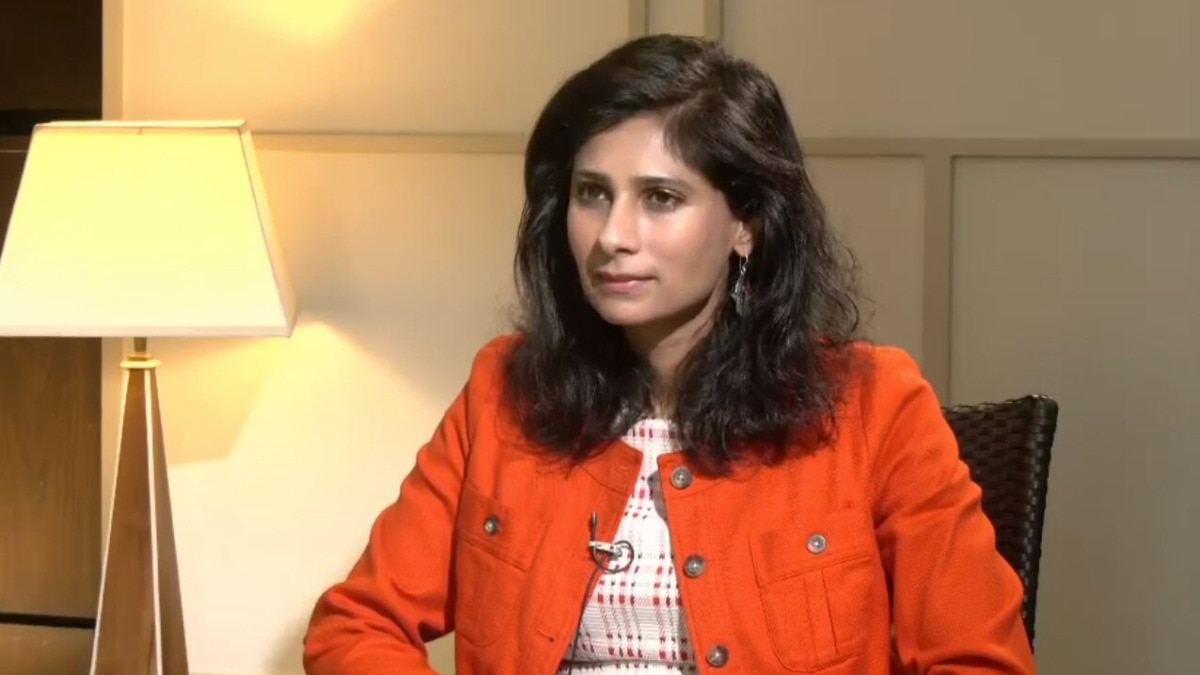The ongoing trade war, reignited by US President Donald Trump’s policies, poses a more complex challenge for emerging market central banks than the Covid-19 pandemic, according to Gita Gopinath, First Deputy Managing Director of the International Monetary Fund (IMF).
Developed economies like the US are facing inflationary pressures from tariffs, while emerging markets are experiencing a “demand shock” characterised by slower growth and subdued inflation. This uneven impact creates a dilemma for central banks in emerging markets: whether to cut rates to support domestic demand or raise rates to defend their currencies against higher US interest rates.
Gopinath noted the challenges faced by central banks in supporting their economies amidst the unpredictable impact of tariffs on developing economies and global markets. Despite initial synchronized monetary easing efforts during the pandemic, Gopinath highlighted the differential effects of the current shock, making it a greater challenge for central bankers compared to the previous crisis.
Gopinath highlighted that “this time the challenge is going to be greater for them compared to the pandemic,” as central banks then were “moving in the same direction… easing monetary policy very quickly.” The divergent economic pressures now require more tailored strategies. In developing economies, the unpredictability of trade policy, coupled with capital flight risks and the need to bolster domestic growth, creates a uniquely difficult monetary environment. This complexity demands a careful balancing act between supporting growth and maintaining financial stability.
Despite pressure, the US Federal Reserve has indicated it will not ease rates until it is confident tariffs will not exacerbate inflationary pressures. Gopinath warns that this cautious approach could tighten global financial conditions and limit policy space for emerging economies. The uncertainty surrounding current trade policies presents significant challenges for these markets, forcing them to navigate through a fog of unpredictability.
Gopinath noted that during the pandemic, central banks acted in unison to ease monetary policy, whereas the current environment is “far more fractured” due to the unpredictable impacts of tariffs causing asymmetric shocks. The global financial landscape is witnessing a shift where central banks are forced to consider a myriad of factors before making policy decisions.
Central banks in emerging markets must navigate a complex monetary policy landscape, balancing domestic economic support with currency defence against depreciation and capital flight. These conditions necessitate careful policy calibration and strategic foresight to maintain economic stability amidst global uncertainties. The intricate dance of policy adjustments becomes crucial as these economies strive to safeguard their financial systems.
The Reserve Bank of India RBI) is expected to announce a cut in repo rates by 25-50 basis points at its Monetary Policy Committee meeting on June 6 (Friday). This would mark the third consecutive rate cut this year. Gopinath described the outlook for emerging markets as “steering through the fog,” with US trade policies adding layers of uncertainty.
Despite efforts to ease tensions, such as a brief truce between the US and China, recent developments like Trump’s announcement to double tariffs on steel and aluminium underline the volatility of the global trade environment. The constant shifts in trade policies require emerging markets to remain agile and responsive to external shocks.
As the trade war continues, the challenges for emerging markets remain significant. Policymakers must delicately balance trade-offs between domestic support and currency stability to manage the repercussions of the shifting global trade landscape effectively. Decisions in the upcoming weeks could significantly influence these nations’ economic paths.






